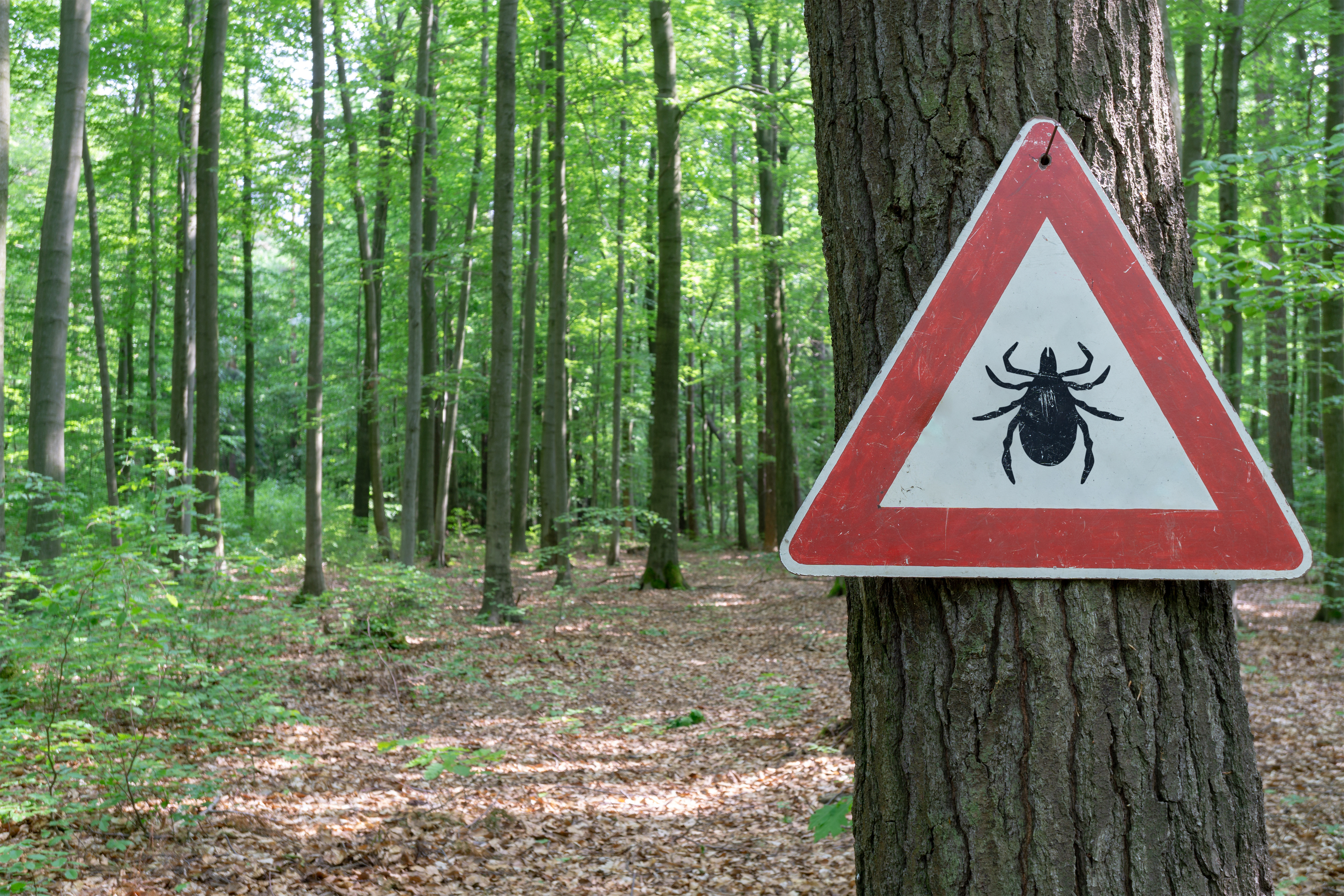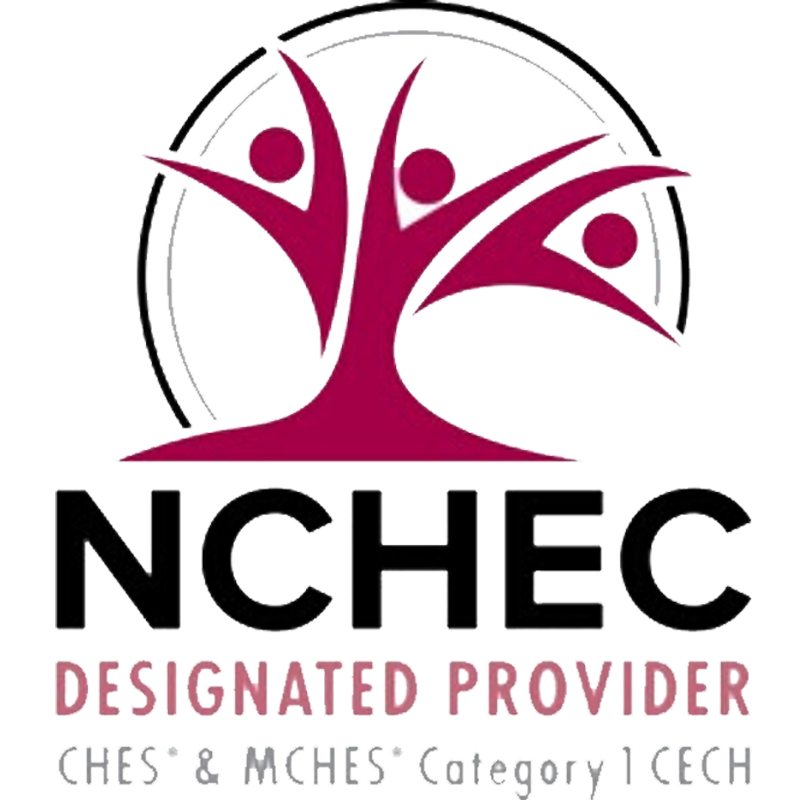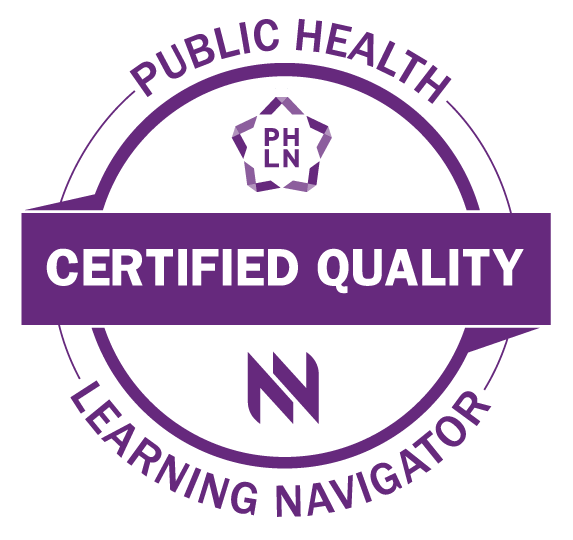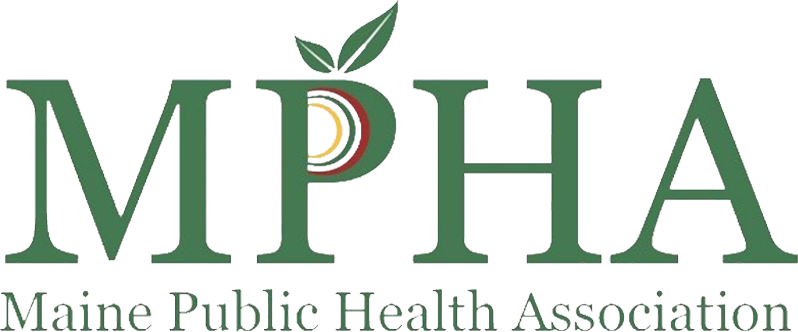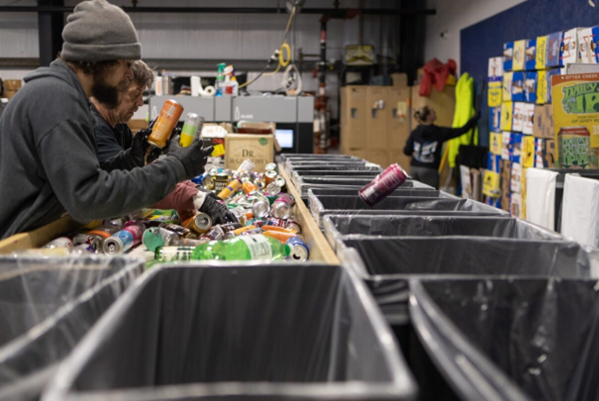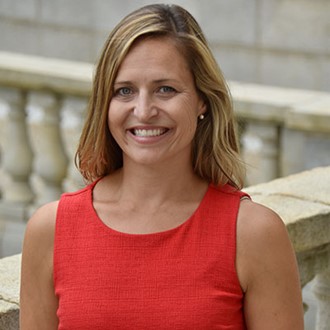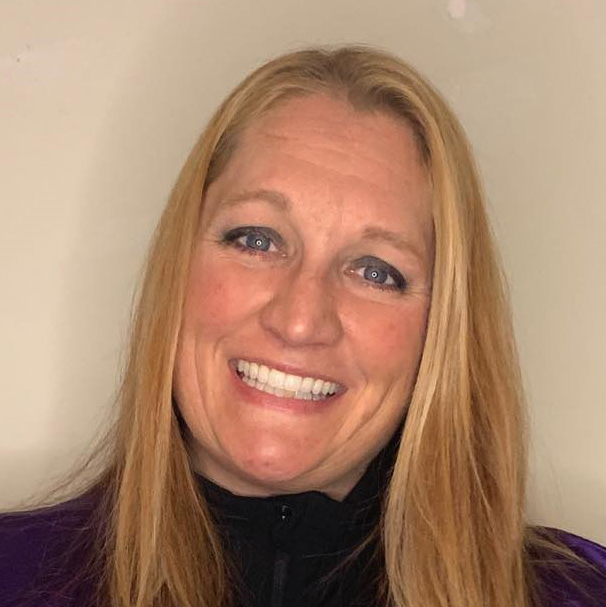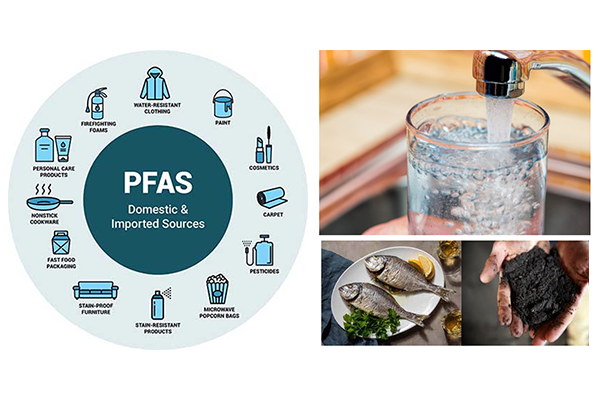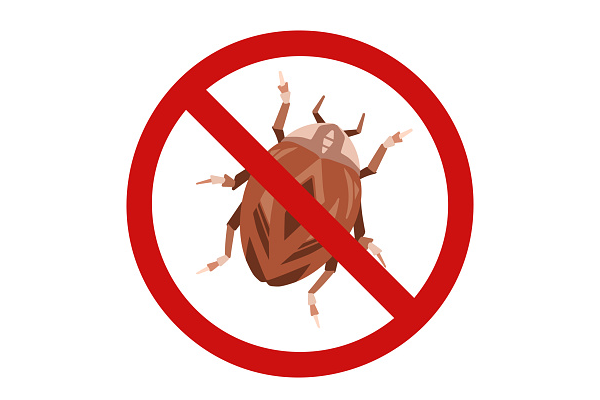
Bed Bugs: A Public Health Concern
The life cycle, consequences, laws, and effective control strategies
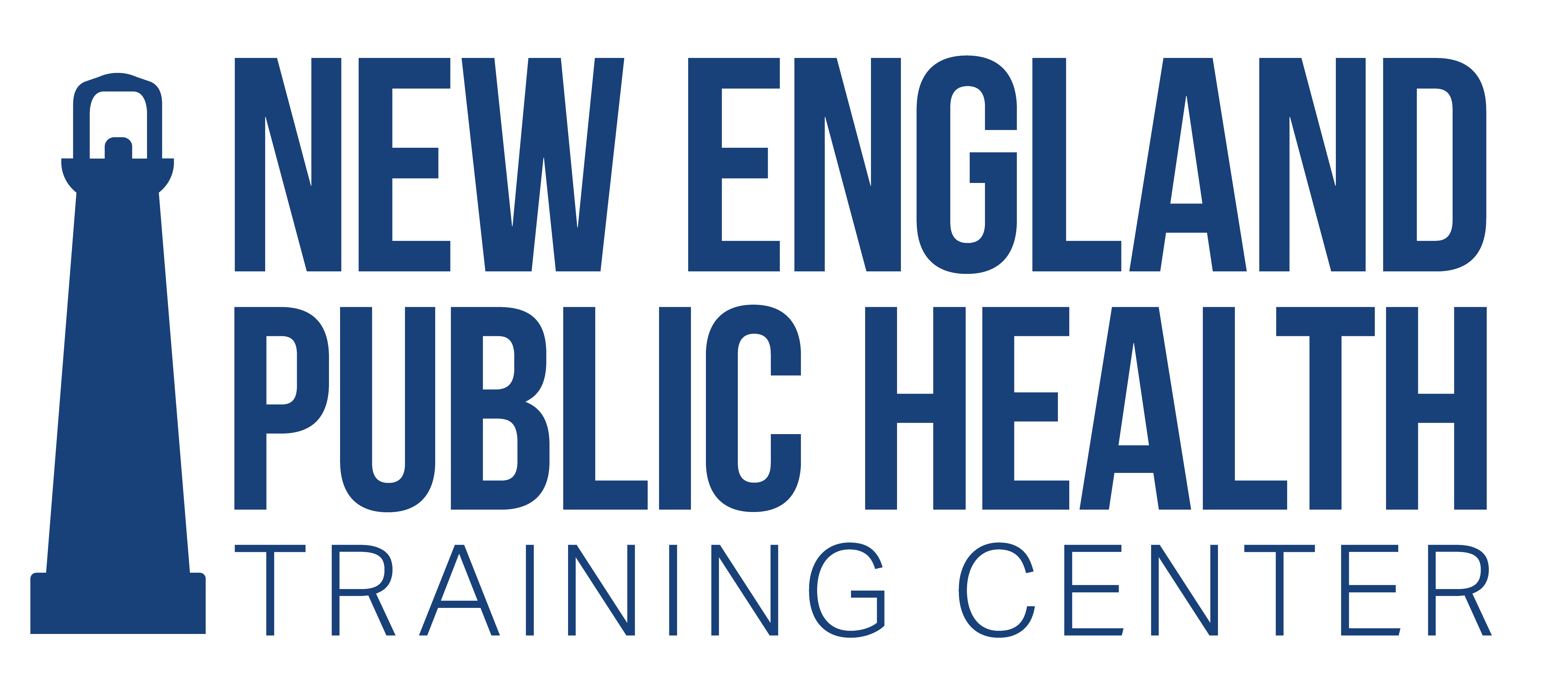
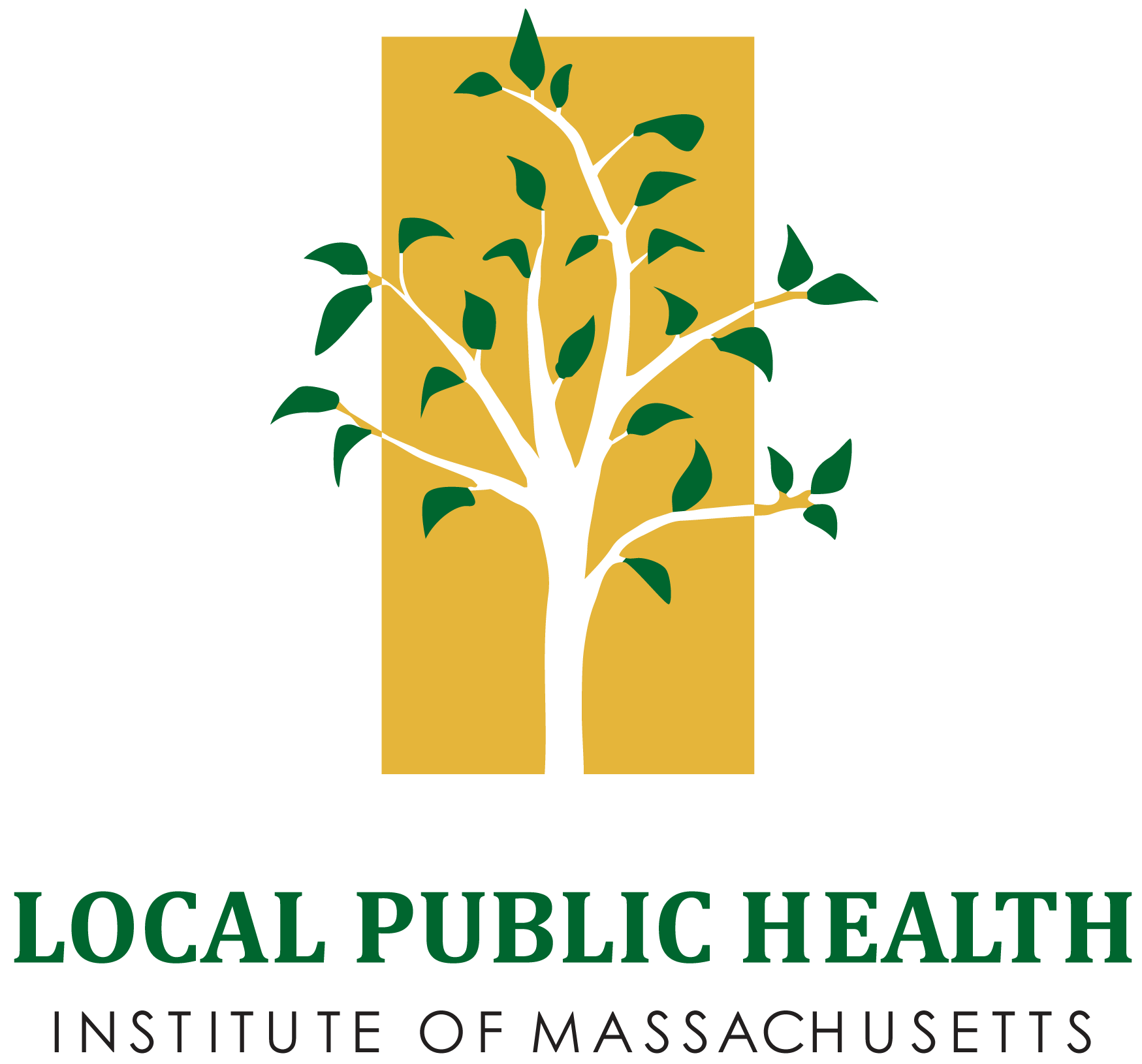

Course Information
- Audience: Public and community health professionals, task force members, and anyone interested in learning more about bed bugs.
- Format: Self-paced
- Price: Free
- Length: 1.0 hour
- Credential(s) eligible for contact hours:
Sponsored by New England Public Health Training Center (NEPHTC), a designated provider of continuing education contact hours (CECH) in health education by the National Commission for Health Education Credentialing, Inc. This program is designated for Certified Health Education Specialists (CHES) and/or Master Certified Health Education Specialists (MCHES) to receive up to 1 total Category I continuing education contact hour. Maximum advanced-level continuing education contact hour is 1. Provider ID: 1131137 Event ID: SS1131137_BBAPHC.
If you are not seeking a CHES/MCHES contact hours, if you complete the post-test and evaluation, you will receive a Certificate of Completion. The Certificate will include the length of the course. - Competencies: Public Health Sciences Skills
- Learning Level: Awareness
- Companion trainings: None
- Pre-requisites: None
- Technical Requirements: This training was created with Articulate Rise. Please refer to the Articulate 360 System Specifications to ensure your system meets the minimum requirements for viewing.
About this course
Local boards of health (LBOH) may receive complaints about bed bugs from housing occupants or other community members or a LBOH inspector may identify signs of bed bug infestations during an inspection. The presence of bed bugs can raise concerns about potential health and economic consequences. This training will provide an overview of bed bugs, outline processes and procedures for LBOH to follow when investigating bed bug complaints, and provide resources that can aid in resolving this complex public health issue.
What you'll learn
After completing this course, you will be able to...
- Describe what bed bugs are, where they’re found, their life cycle, and their feeding habits
- Explain three negative consequences of bed bug infestations
- Give an example of a law or regulation that can be cited for bed bug infestations
- Identify four signs of a bed bug infestation
- List seven ways to prevent bed bug infestations, and eight control methods (chemical and non-chemical)
Subject Matter Experts
-

Paul Halfmann
Assistant Director, MDPH, BEH Community Sanitation Program (retired)
-

Dion Irish
Commissioner Boston Inspectional Services
Enrollment and Contact Hours
Select the Enroll button below to register for the course. If you have any trouble accessing the course, contact support@nephtc.org.
Acknowledgement:
Acknowledgement: This project is supported by the Health Resources and Services Administration (HRSA) of the U.S. Department of Health and Human Services (HHS) as part of award 2 UB6HP31685‐05‐00 “Public Health Training Centers.” The contents are those of the author(s) and do not necessarily represent the official views of, nor an endorsement, by HRSA, HHS or the U.S. Government.
* Yale School of Public Health, Office of Public Health Practice, a New England Public Health Training Center partner, is a designated provider of continuing education contact hours (CECH) in health education by the National Commission for Health Education Credentialing, Inc. All CHES credit inquiries are managed by YSPH




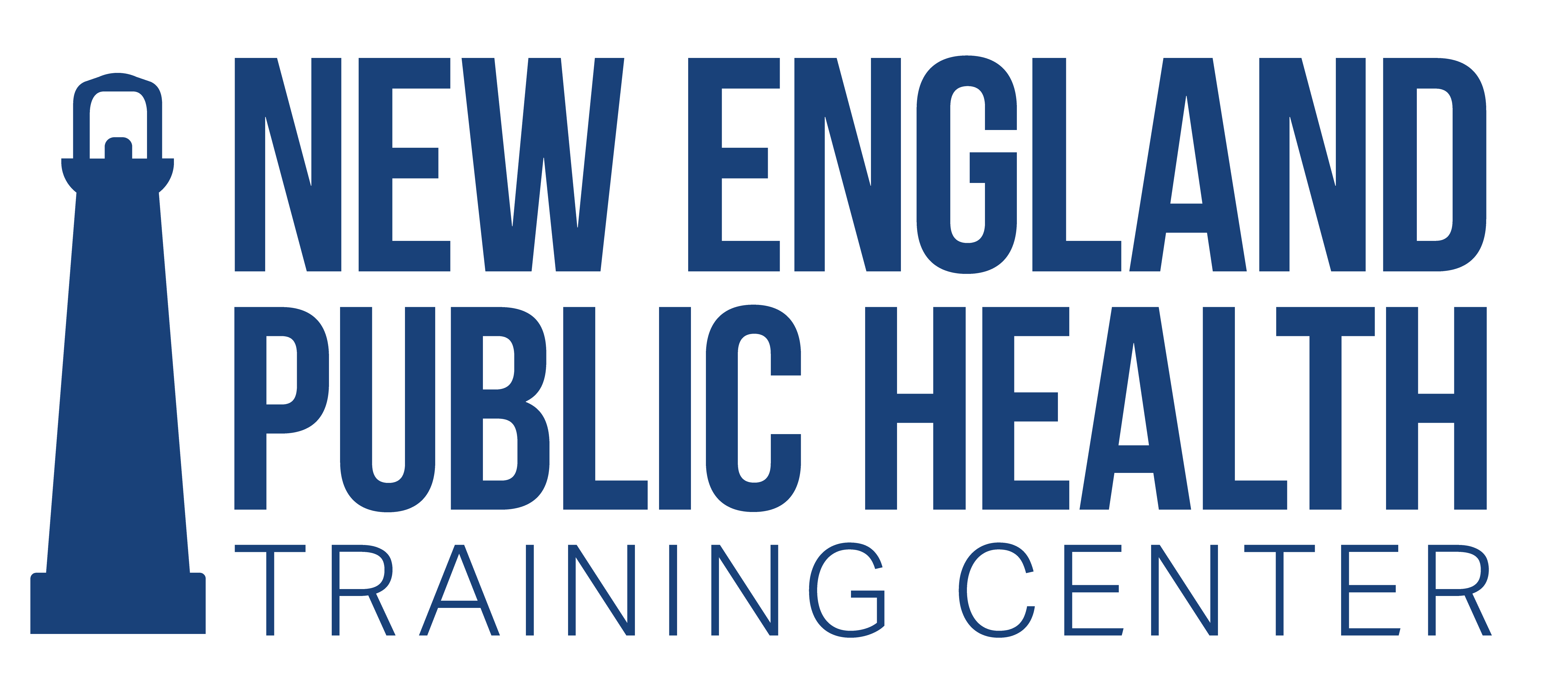




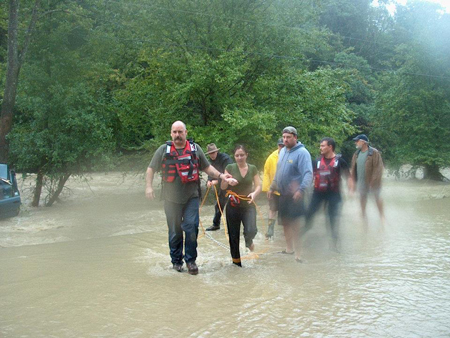
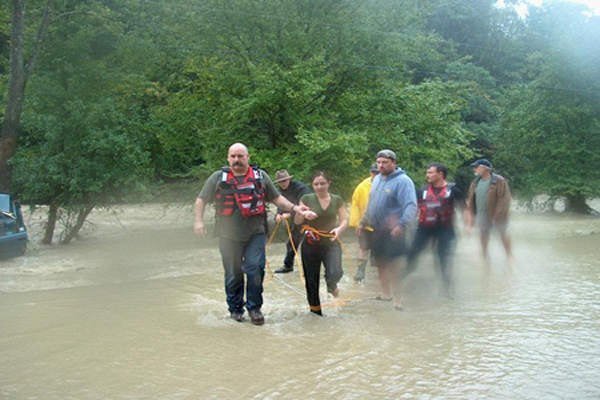

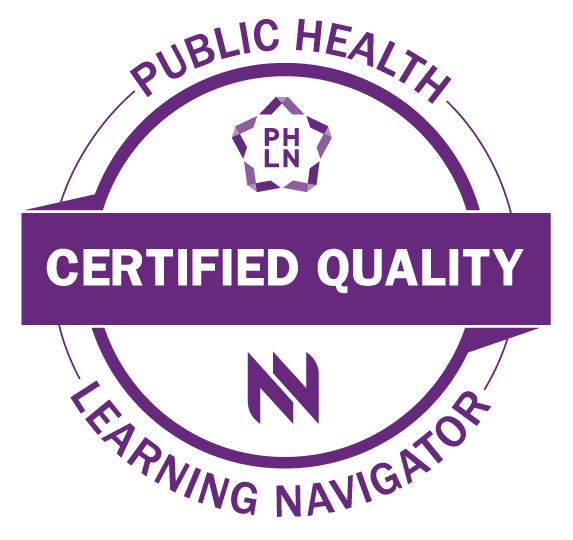
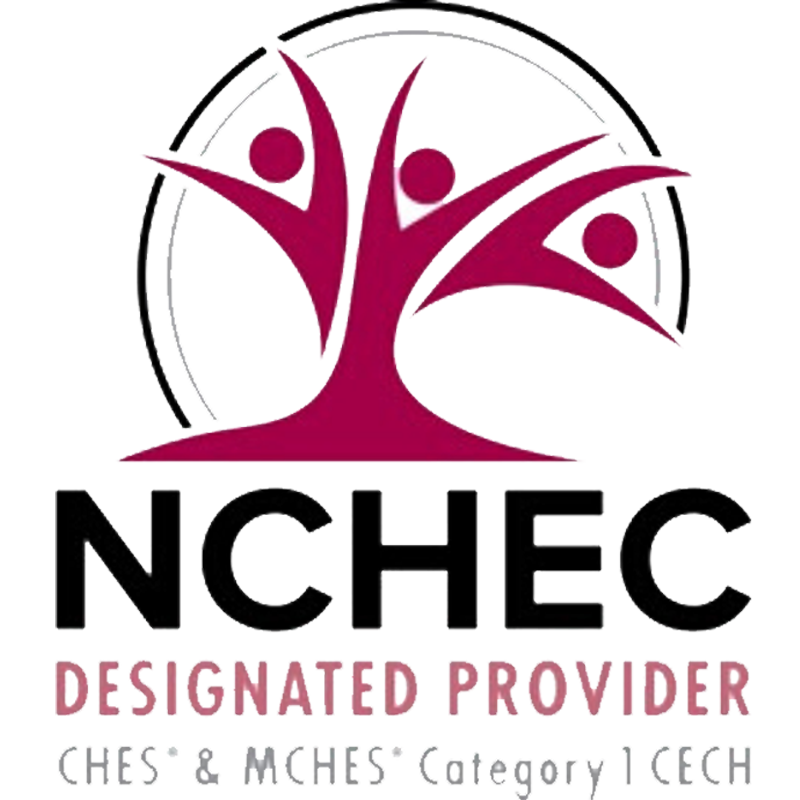
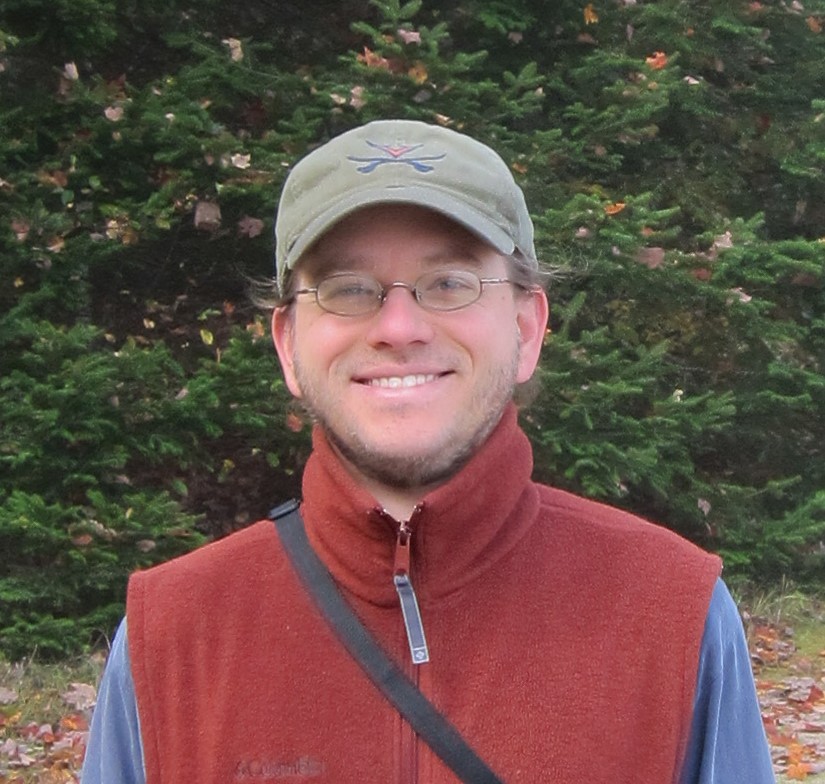


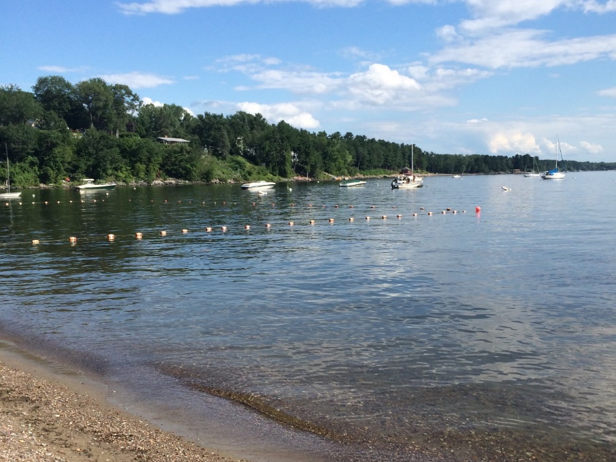
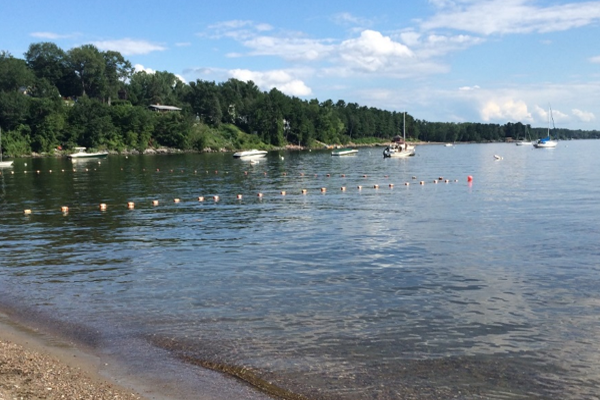










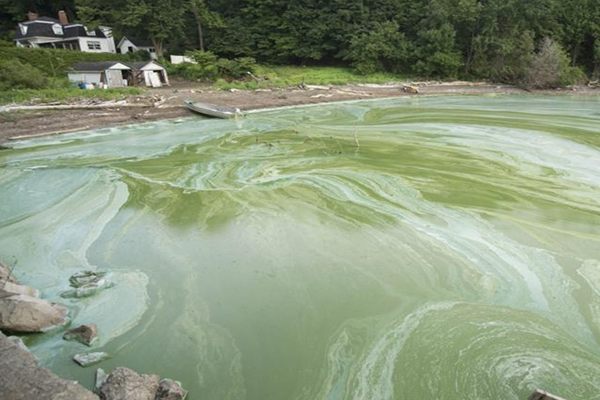




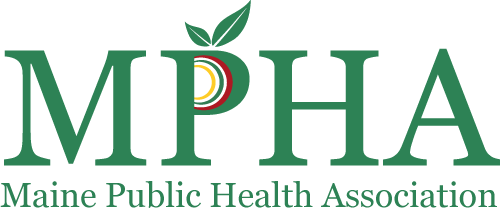
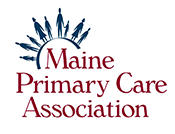
 Maddie Blair, MPH
Maddie Blair, MPH